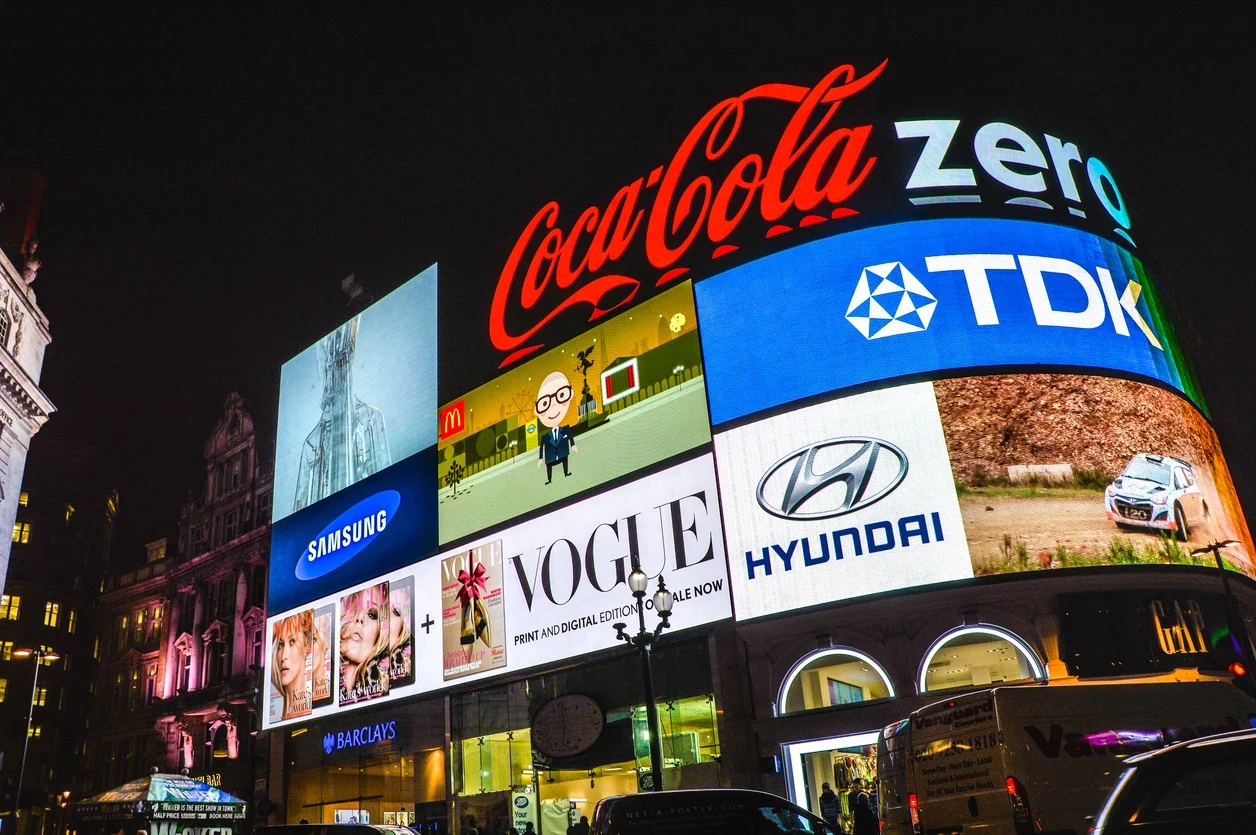Why companies register so many different brands?
With no limit to the number of brands registrable by one entity, many companies choose to register a variety of different brands. Indeed, you may not be aware, but the majority of household-name trademarks are owned by only a dozen multi-national corporations. This therefore begs the question, why do these companies register so many different brands?
Take the Dutch-British company Unilever, for example. Although you may not have heard of this company, you would be surprised to know that a variety of seemingly different brands are all owned by this one corporation. Ranging from foods to household cleaning products to toiletries, some of their famous brands include Magnum ice creams, Persil and Dove. Without prior knowledge of this fact you would be forgiven for believing that these brands were owned by companies existing in entirely separate market sectors.
Did you forget to renew your brand on time?
Download our FREE E-BOOK to find the solution
This phenomenon is not exclusive to large multi-national corporations such as Unilever, as smaller businesses also register many different brands.
The reasons that companies may wish to register a variety of different brands can be manifold, but there are some key factors weighing in the decision, all of which primarily concern the company’s ability to maximise their market presence in some form.
Branching into other sectors
As is evidenced by the Unilever example, some companies choose to register a multitude of different brands in vastly different market sectors. One rationale for this may be that the company is then able to establish roots across a range of markets, thereby increasing their overall market presence.
Registering different brands in different sectors also creates new opportunities for a business to expand, which can in turn prove both financially and strategically beneficial.
Be their own competition
Companies may also register a variety of different brands so as to eradicate as much competition as possible. Companies register different brands in direct competition with each other within the same sector so that, regardless of consumer preferences and choices, the company will always be receiving their custom, whatever product they choose.
By registering different brands which are in direct competition with each other a company does its utmost to try to ensure that they receive as much business as possible by filling the market with their own brands.
For example, Unilever has registered both the Flora and Bertolli brands for cooking butters and oils. Ownership of both brands results in maximum sales for the company, as consumers who may be looking to sample a new brand of cooking oil are more likely to buy another Unilever brand simply by sheer probability. The more brands a company owns, the more chance that consumers will choose to buy them.
National variations
Another rationale for registering multiple different brands could lie in the national variations of pre-existing brands. For example, with Unilever’s Magnum brand, a variety of Magnum brands are registered by the company in different territories. As well as an EU registration for their Magnum brand, the company has also registered certain variations of the brand in specific different territories, including the UK and Turkey.
Registrations of variations on the same brand are again used to increase the company’s market presence internationally, as well as providing the opportunity to tailor a specific brand to certain territories.
Hedging their bets?
Companies may also be registering a variety of different brands in order to maximize their profit potential. With IP embodying such an invaluable asset to businesses, it is understandable that companies may wish to register as much as possible in order to maximize their chances of achieving success with some of their registered brands.
Effectively, companies register so many different brands in order to hedge their bets – they are aware that only a portion of their endeavors will be successful, and therefore the more brands they register, the more are likely to achieve success.
Given the costs involved in actually registering a brand it is worthwhile for a successful company to try and register multiple brands, as the potential profits of a successful brand will far outweigh the costs associated with registering the less popular and potential failures of brands.






